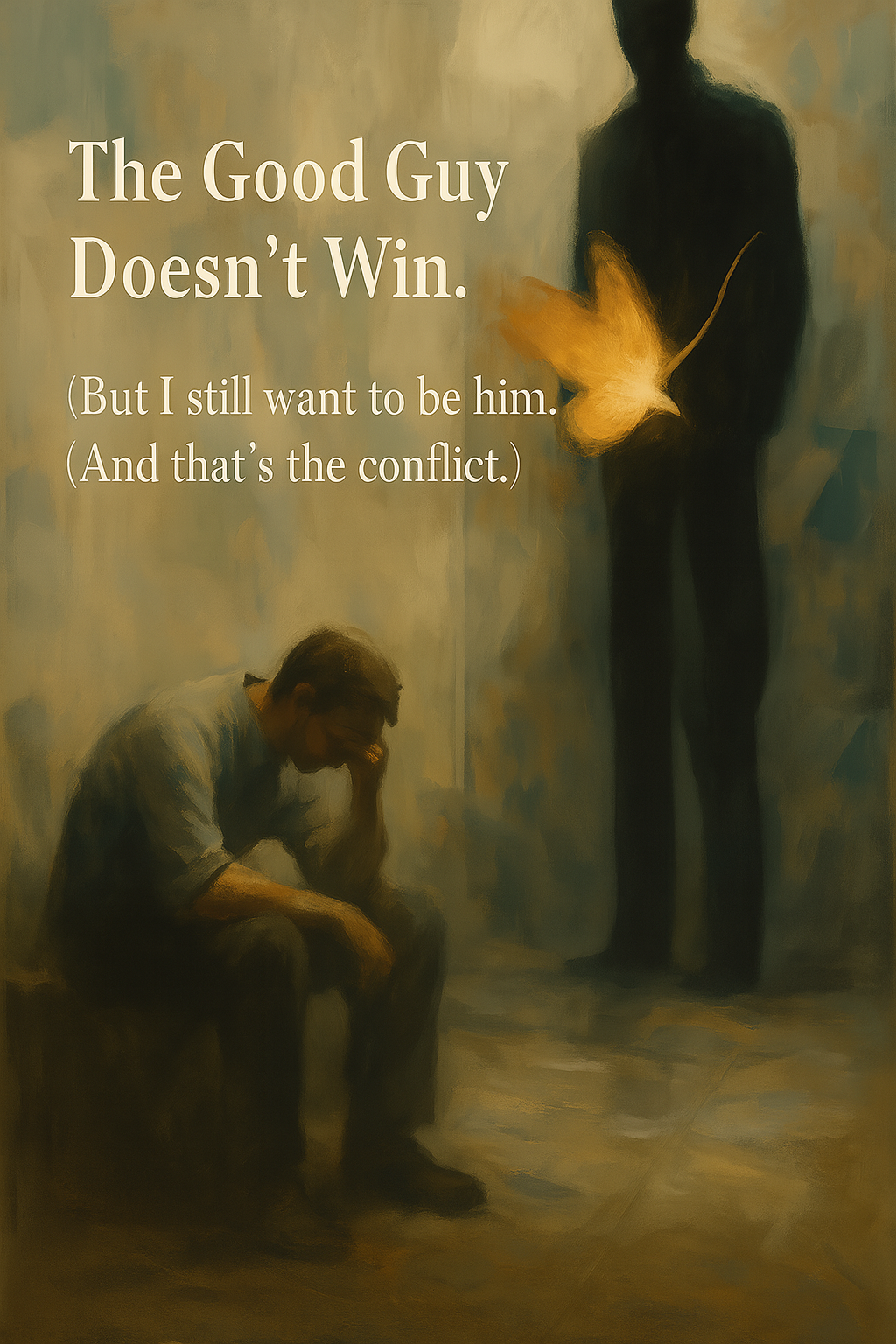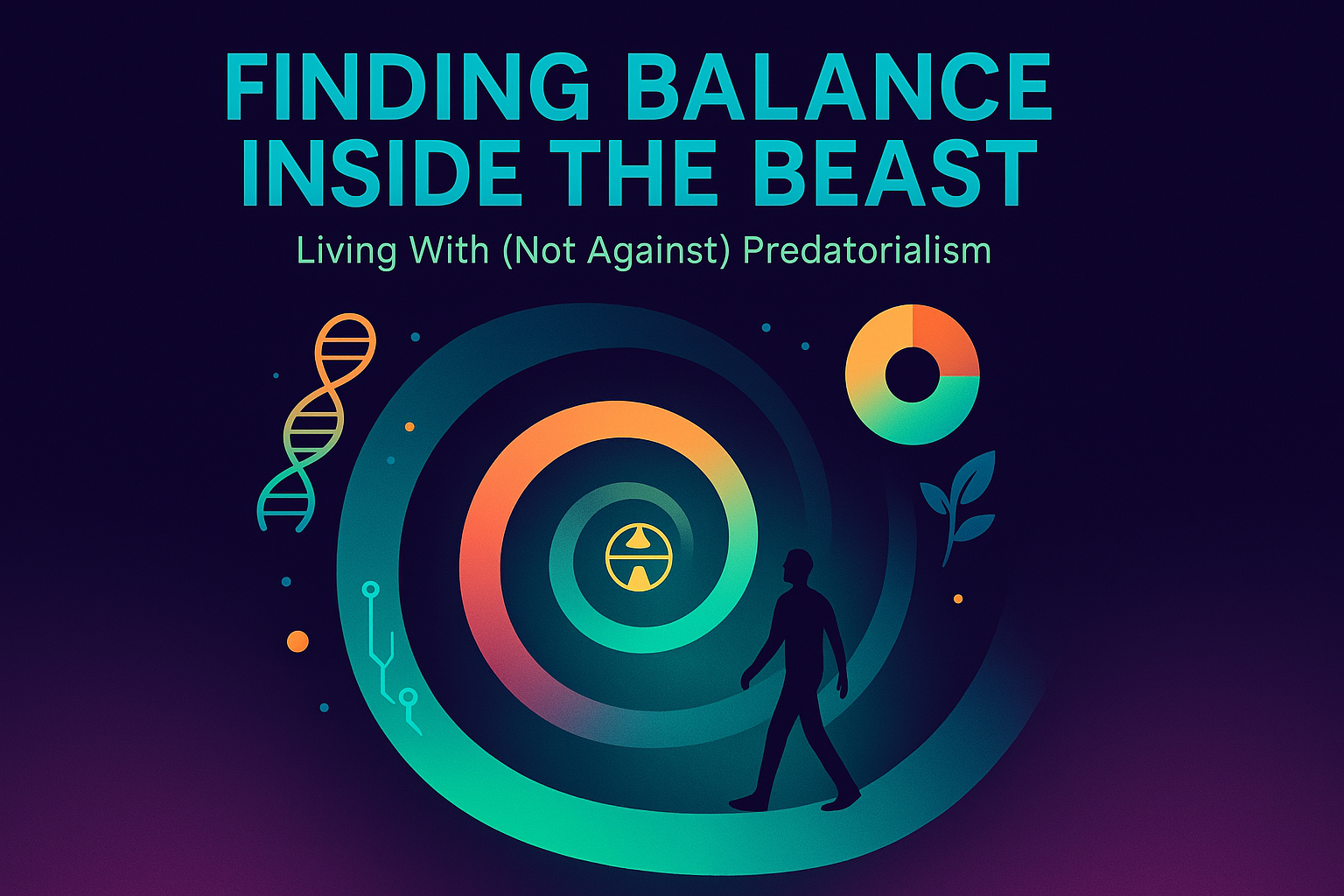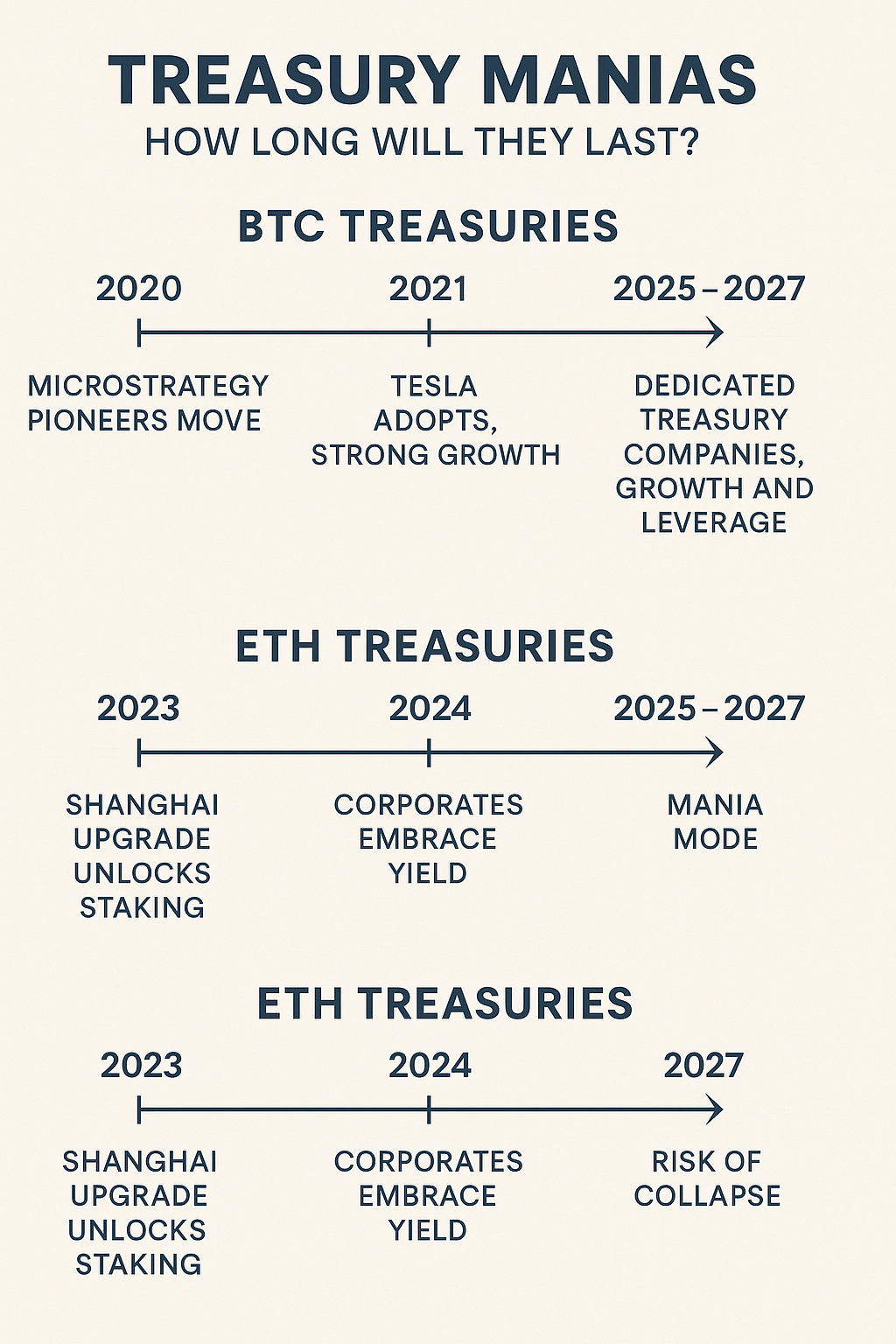Part I: I Still Believe in Doing Good (And That’s maybe My Problem)
I’ll admit it:
A big part of me still wants to be the good guy.
Always has.
But in the world we live in now —
does the good guy ever actually win?
Or does he just sleep well while the extractors take everything?
Even after everything. After the masks, the games, the pitch-deck parasites, the spiritual laundering of cowardice into “values.”
Even after I saw how the systems really work.
I still believe in doing good.
And that’s maybe my problem.
Because “good” — the way the world sells it — is a leash. A meme. A productized morality pre-approved by middle managers and philosophers who’ve never had to build anything that mattered. It’s not strength. It’s sedation.
But it lingers in me.
There’s a version of me that still wants to protect people.
Still wants to build systems that elevate.
Still wants to do more than win — to justify winning.
And that version is in pain.
Because I see who gets rewarded.
And it’s not the good. It’s not the builders.
It’s the ones who show up at the end, sipping wine on balconies they didn’t lay a brick for.
The extractors.
Part II: Why Extractors Keep Winning (And What It Reveals)
Let’s talk about them.
The extractors.
The smiling founders who never built.
The “strategic” hires with no strategy.
The well-dressed vultures who orbit around value and feed off those who create it.
They always come to the party.
They never bring a chair.
And they always leave with the biggest slice.
The modern system is designed for them.
It doesn’t care who created. It cares who narrated.
It doesn’t reward the one who sacrificed. It rewards the one who positioned.
And we — the builders, the architects, the ones trying to do good — we still think effort equals outcomes.
We still think playing fair gets you something.
We still think the crowd will know who really built it.
They won’t.
Not unless we redesign the scoreboard.
Because right now, the game rewards extraction.
The ones who never risk anything are the ones who end up owning everything.
And every time I tried to play it clean, I got burned.
By the smooth operator.
By the eloquent ghost.
By the moralist who weaponized my integrity against me.
So I made a decision:
I will still do good — but not through submission.
Not through virtue. Not through begging.
I’ll do good through architecture.
Through predation.
Through systemic design that turns extraction into dependency.
Part III: Predatorialism Isn’t Cruelty — It’s Immunity
They’ll call you cruel when you stop being available.
They’ll call you arrogant when you stop explaining yourself.
They’ll call you dangerous when you design systems they can’t exploit.
Good.
Let them call you names.
Because Predatorialism isn’t about cruelty.
It’s about immunity.
I don’t want to be another martyr for the moral performance art of the weak.
I want to build systems that outlive the extractors.
I want to create feedback loops that punish parasitism automatically.
Not ethics. Incentives.
Not trust. Design.
Not virtue. Gravity.
Predatorialism is what emerges when you still believe in good — but refuse to be devoured by those who only believe in appearances.
It’s a survival doctrine for those who care — and are tired of watching cowards win.
I no longer wait for the world to reward good intentions.
I build ecosystems where the outcome is justice, not the performance of it.
Because the only way to do good at scale…
is to make the bad unviable.
I still want to do good. I just refuse to be weak to do it.



